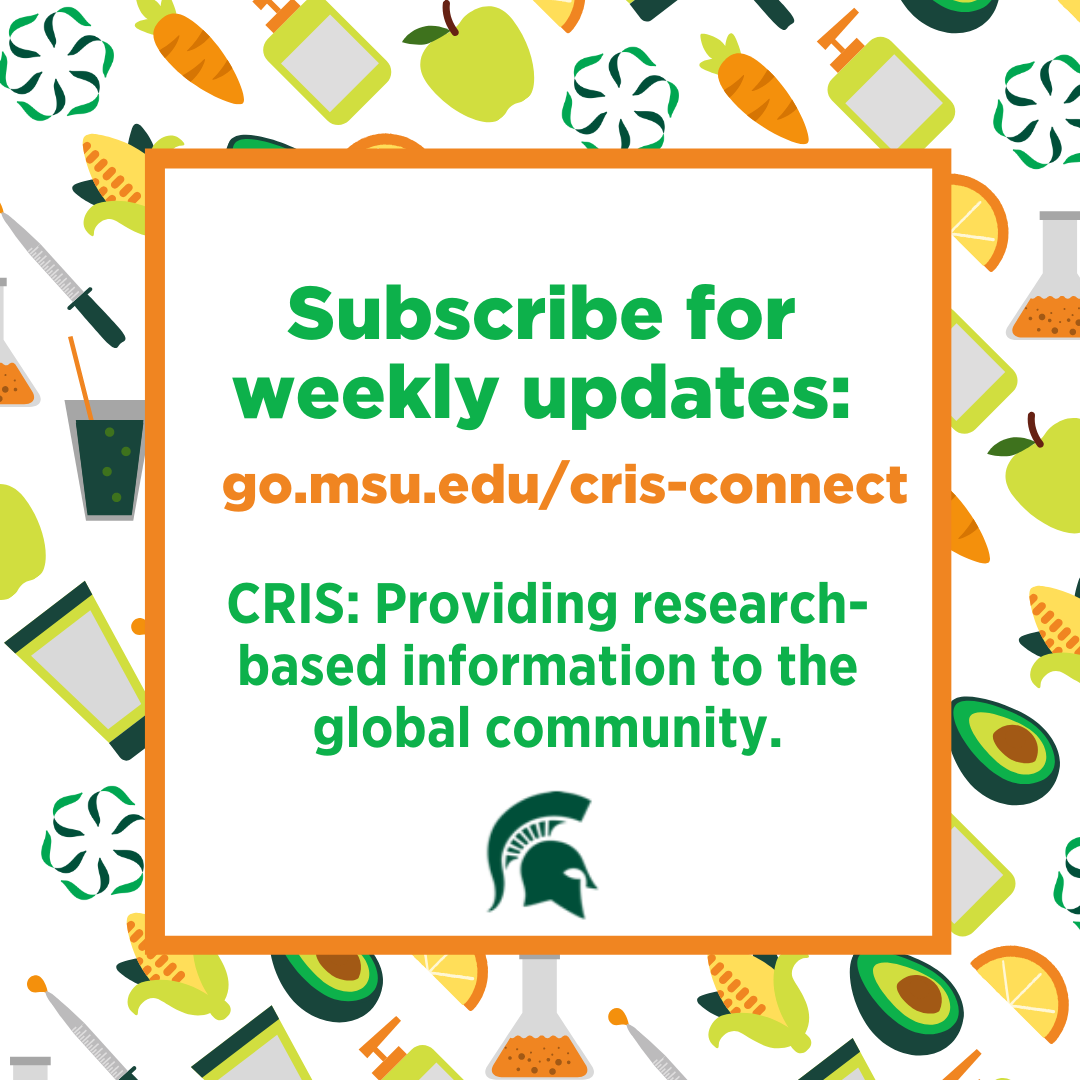Special Edition: Infant Formula Recall
In prior posts, we’ve discussed how and why products are recalled, as well as best manufacturing practices. In this post, we look at the current infant formula recall.

What’s been recalled?
Recently, Abbott Nutrition voluntarily recalled infant formulas including Similac, Similac PM 60/40, Alimentum, and EleCare due to potential bacterial contamination.
How did the infant formula get contaminated?
There are many ways a product can become contaminated with a harmful microorganism. A harmful microorganism, often called a pathogen, can make its way into contact with food during the manufacturing process, even when following the Current Good Manufacturing Practices (CGMP).
microorganism, often called a pathogen, can make its way into contact with food during the manufacturing process, even when following the Current Good Manufacturing Practices (CGMP).
Aren’t products tested for safety?
CGMP recommends manufacturers implement quality control processes to ensure products are safe. In the current situation regarding infant formula, the manufacturer tested samples, but the testing didn’t show any contamination (at the time of publication), so they distributed the formula as usual.
Once reports of illnesses potentially related to the infant formula were made to regulatory agencies and the company, the company issued a voluntary recall to get the product off the shelves and out of homes.
How do they know the infection came from infant formula when the samples were negative?
Scientists and medical professionals currently suspect the infectious bacterial pathogen, Cronobacter sakazakii caused the infections found in the impacted infants.
Cronobacter sakazakii is a bacteria known to impact dry milk, including infant formula.
While the formula samples, at this time, do not show contamination, further testing showed Cronobacter sakazakii located in the manufacturing plant but outside an area where the product would have had contact with the bacteria.
What’s tricky is that bacteria are tiny, and they may not be spread evenly within a batch of formula. A small portion of a batch may be contaminated but missed during routine quality testing. That’s why most companies have more than one failsafe in place to ensure safety. In this case, the company issued a voluntary recall for specific manufacturing lots.
You can check out the full list of recalls at https://www.similacrecall.com/us/en/product-lookup.html.
Why a voluntary recall?
In the U.S., companies can issue a recall at any time for a product that may be out of regulatory compliance or potentially harmful with the support of the U.S. Food and Drug Administration (FDA) and the Center for Disease Control and Prevention (CDC).
Illnesses related to a product needed for a vulnerable population will receive more media attention and support from regulatory agencies to ensure the public gets a notification as quickly as possible.
In this situation, since it severely impacts infants, we’ve seen reports from numerous media sources (newspaper, radio, digital, tv, etc.) informing us, the public, of the recall so we can react appropriately.
While the U.S. federal agencies can force a recall, most companies will voluntarily recall products that may be unsafe and will work with regulatory agencies to rectify any problems.
How does a recall work?
Companies who follow CGMP will often include lot numbers and/or batch numbers on their products. Lot numbers are a unique identifier containing information that allows the manufacturer to know when they made the product, where they made it, who made it, and what materials went into making it.
Knowing the impacted lot number allows companies to quickly issue a recall for specific products without needing to pull every product from shelves and homes.
In the case of infant formula, they will often take samples from the specific lots to test for safety and save samples for a period of time to ensure they meet quality standards. Since Abbott Nutrition knows the products and lot numbers of the formula potentially impacted, they have recalled those specific lot numbers.
How do I know if the recall impacts my infant formula?
If you have one of the recalled formulas (Similac, Similac PM 60/40, Alimentum, and EleCare), please visit Abbott Nutrition’s website and check your lot number: https://www.similacrecall.com/us/en/product-lookup.html.
You can also visit the FDA’s website for more information.
What do I do if my formula is recalled?
Abbott Nutrition wants to learn more about the potential outbreak, so they are asking folks with formula impacted by the recall to stop using the product immediately and to send the formula back to the company so it can undergo testing.
If you cannot send the product back, please discontinue use and dispose of the formula immediately.
The good news.
Infant formula recalls do not frequently happen, in part due to strong regulations and safety checks and balances. But, when a recall needs to occur, those same regulations and best practices help ensure potentially unsafe products are quickly identified and removed from the market.



 Print
Print Email
Email




